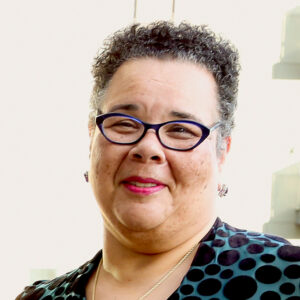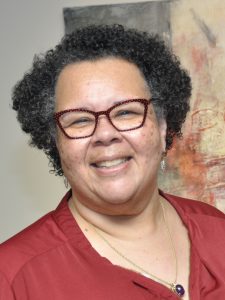Select an item by clicking its checkbox
A common aspect of websites is “Frequently Asked Questions.” This is a handy feature. It is meant to assist the inquiring person with succinct information. It is meant to answer questions searchers did not know they have or provide answers to questions for which they have specific interest. It is ...
I do not believe teaching, itself, to be miraculous. I can bear witness to miracles which have come with teaching. The wonders come in the learning. Learning is both improbable and extraordinary. Classrooms with adult learners can be places where the splendor of miracles is known. The first kind of ...
It is well substantiated that the retention rate in predominantly white institutions (PWI) for BIPOC faculty is abysmally low. Newly hired BIPOC faculty in PWIs report feeling ignored, unwelcomed, even shunned by colleagues and students. They are treated as if, though hired for the job, that they do not belong. ...
Reclined on my large, red, comfy, couch, I was reading, The Book of Delights by Ross Gay. I was enjoying the read, and then I got to #14, entitled “Joy Is Such a Human Madness.” In this section, Ross wrote about a student in his class, Among the most beautiful things ...
#1 I am hoping we can learn to teach toward justice. Teach what justice looks like, sounds like, feels like, tastes like, smells like. Learn to know justice with our intuitions, our inside knowledges that see, smell, taste, hear or just know because some things are just known. #2 What kind ...

